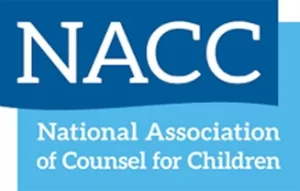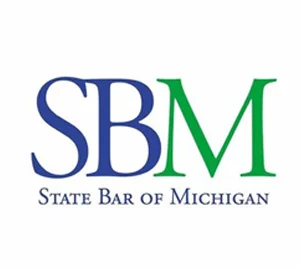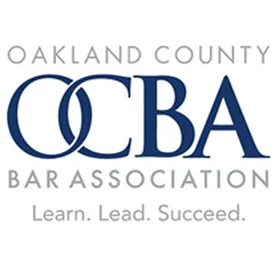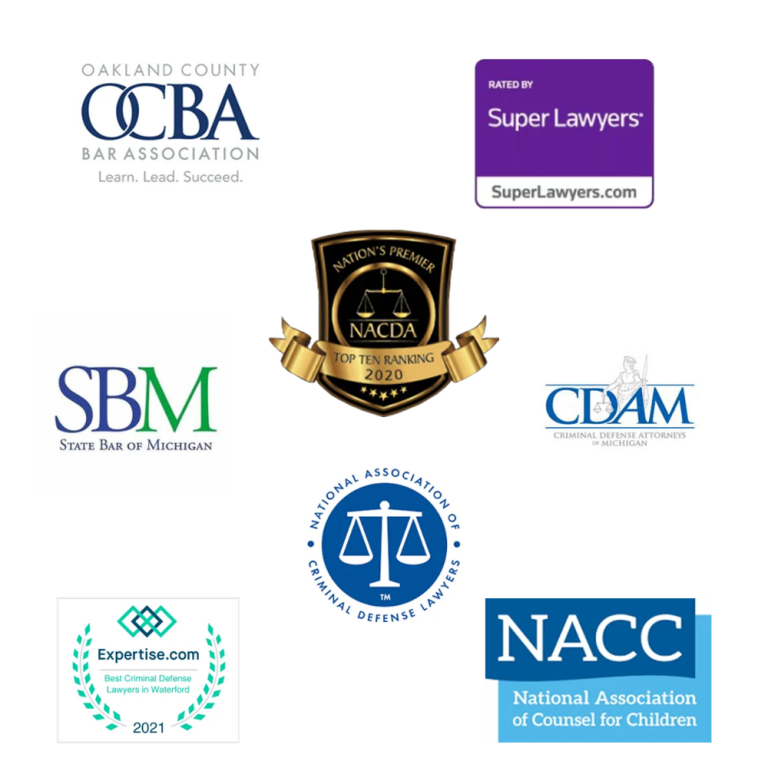Does pleading guilty solve anything for the defendant?
On Behalf of Kirsch Daskas Law Group | Oct 26, 2021 | Criminal Defense
After getting arrested and then arranged with a criminal charge, you may feel like you have few options. After all, a prosecutor would not bring charges against you if they didn’t think they had enough evidence to convict you.
Although you know that you are innocent, you may worry about whether you can convince a judge or a jury of your peers about that. According to information gathered about criminal charges and prosecutions across the country, roughly 97% of federal criminal charges result in a guilty plea.
Even those who maintain their innocence may plead guilty to pending charges here in Michigan. Do you have anything to potentially game from pleading guilty to a criminal charge?
A guilty plea allows you to avoid trial
Perhaps one of the most frequently cited reasons people provide for choosing to plead guilty is that they don’t want their case to go to trial. They worry about their personal life, their professional history or a previous criminal issue becoming public knowledge.
They may assume that pleading guilty and not going to trial will minimize how much of an impact the criminal charges will have on their professional future. While a guilty plea does eliminate the criminal trial proceedings, you will still have to be present in court to submit the plea and to undergo sentencing. The case could just as easily attract media or your employer’s attention even without a trial.
A guilty plea does not always result in reduced penalties
Many people consider pleading guilty because they worry about the penalties of an actual conviction. They might assume that a judge is more likely to throw the proverbial book at them if they unsuccessfully try to fight the criminal charges.
While it is true that a guilty plea in conjunction with a plea deal could result in a defendant only facing specific criminal penalties, that is not always the case. Simply pleading guilty does not guarantee lenient sentencing unless the prosecution makes certain concessions. Only a plea to a lesser offense or a written deal limiting the penalties will protect a defendant from the judge assessing a harsh penalty.
Pleading guilty means you don’t have an opportunity to defend yourself and may limit your options for sealing or expunging your record in the future. Choosing to fight back against criminal charges might reduce the long-term impact of those charges on your life.










